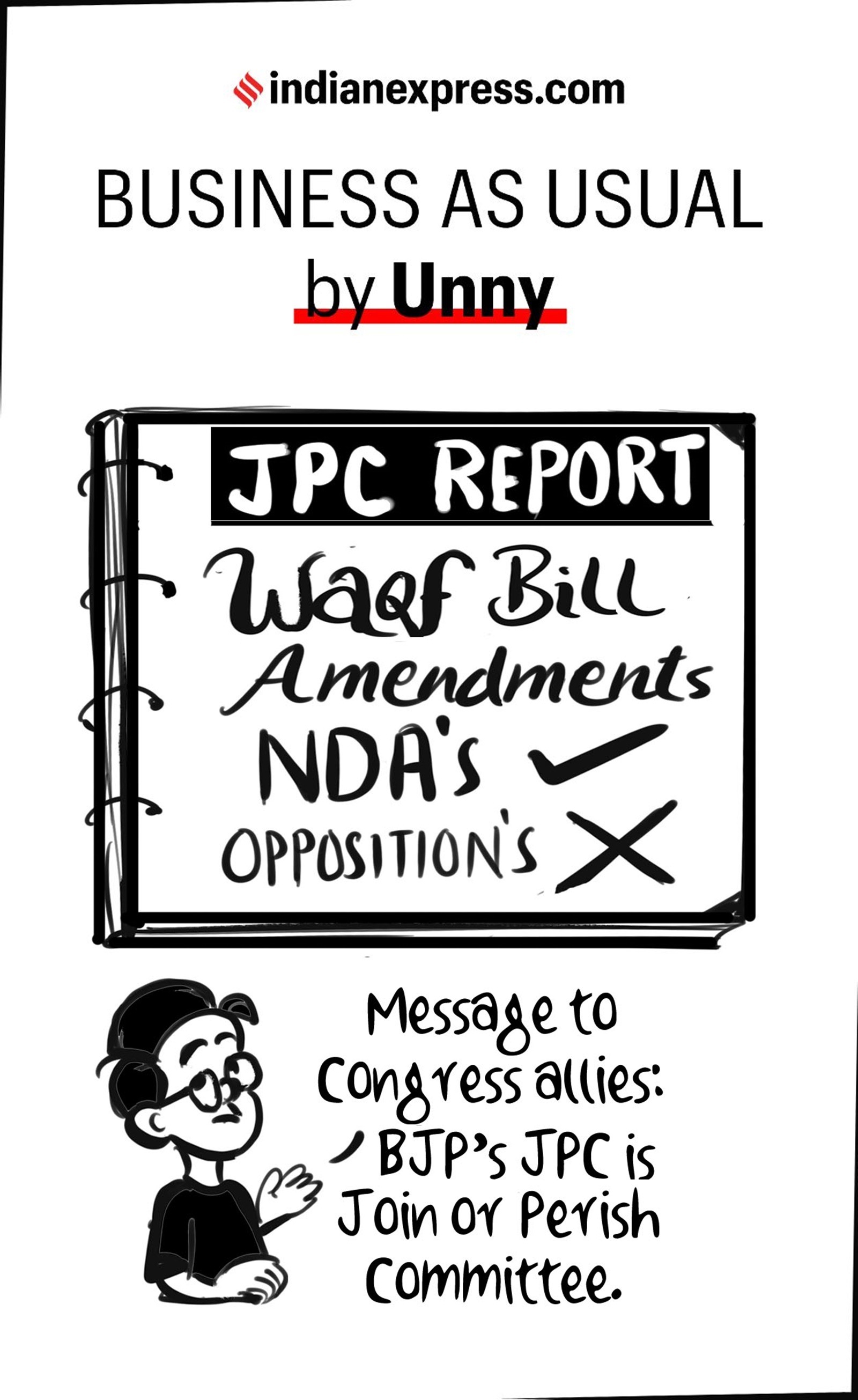While I prefer to start the newsletter on a much lighter note, the biggest news this morning emerged from Prayagraj. Visuals from the Maha Kumbh mela showed chaotic scenes as a “stampede-like” situation broke out. Several are feared dead. However, the exact figures remained unclear when writing this newsletter. Unprecedented crowds are expected at the Maha Kumbh today to take a dip in the river to mark “Mauni Amavasya”, considered the most holy day of the six-week event. As we await more details, we wish those attending a safe journey.
On that note, let’s get to today’s edition.
Big Story
Global tech giants like Google, OpenAI and Meta have been trying to best each other in the Artificial Intelligence (AI) race. Enter: DeepSeek. The shockwave triggered by the Chinese AI lab’s arrival is being compared to the disruptive force of the Soviet Union’s Sputnik satellite that ended the United States’ hopes for a monopoly in space.
A shake-up: The massive stock market selloff on Monday caused by DeepSeek underscores how the Chinese upstart has challenged the economics of AI evolution. With its cheaper language model, DeepSeek has locked China and the US in an intense duel. No longer does the US hold all the chips (pun intended).

India’s play: Our contributing editor C Raja Mohan has written on the many ways the AI race could play out for the country. India has spoken about a “sovereign AI”, which means it would have to balance its cooperation with the US while focusing on independent AI development. India may also look to partner up with the US but that may have implications on its ties with Russia.
To each its own: Undoubtedly, DeepSeek has managed to lower the entry barrier for countries like India. Sarjan Shah opines that the focus of innovation will now shift from scale to real-world application. “For India, this is an opportunity to rise. If we can embrace this new, leaner approach to AI, we could lead the way in developing applications tailored to our unique challenges, from improving agriculture to modernising healthcare.”
Story continues below this ad
Only in Express
The Opposition and ruling parties are once again in a standoff. The point of contention? A report set to be tabled by the Joint Committee of Parliament on the Waqf (Amendment) Bill, 2024, in the upcoming Budget Session. The committee is said to have adopted 14 amendments—all proposed by the ruling alliance. The Indian Express interviewed two members of the committee, one each from the Congress (Mohammad Jawed) and the BJP (Nishikant Dubey). While Jawed called the panel’s proceedings a “farce” and “unparliamentary”, Dubey claims the Opposition “mishandled” the committee.
From the Front Page
Meet-up: Amid Donald Trump’s renewed tariff threats to India, New Delhi’s engagement with the new American President remains pertinent. Sources say India decided to skip Trump’s inauguration in favour of a “proper, structured bilateral meeting”. Prime Minister Narendra Modi is expected to meet Trump sometime by April.
Decision 2025: The race for the national capital is heating up. Congress leader Rahul Gandhi slammed AAP supremo Arvind Kejriwal over the excise policy scam, stating that the former Delhi Chief Minister was “busy fighting Modi ji.” Hitting back, Kejriwal raked up the National Herald case against the Gandhi family.
Meanwhile, sensing the exasperations of a disgruntled middle class, the AAP has tweaked its election playbook.
Story continues below this ad
Must Read
Learning lessons: The Annual Survey of Education Report (ASER) bears some rare good news. Learning levels in classrooms have recovered from the pandemic years losses, surprisingly led by government schools. Experts credit the gains to the government’s National Education Policy and its focus on foundational skills.
Of course, there is always scope for improvement. Dr Rukmini Banerjee, the CEO of Pratham NGO which conducts ASER, reflects on the key highlights of the report and the road ahead.
And Finally…
India’s hockey coaches are waiting for their moment to shine. Many of them are retired stars who pivoted to coaching. India, however, has largely sworn by foreign coaches. Could the Hockey India League become a watershed moment for domestic coaches? “If not here, then where?” asks one.
Before you go, don’t forget to tune in to today’s episode of the ‘3 Things’ podcast, where discuss Punjab’s fight against drugs and the Sri Lankan navy open-firing at Indian fishermen.
That’s all for today! Until tomorrow,
Sonal Gupta
Story continues below this ad
 Business As Usual by EP Unny
Business As Usual by EP Unny
